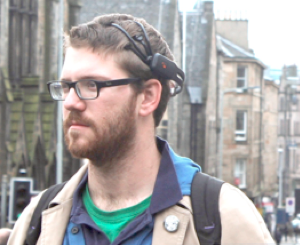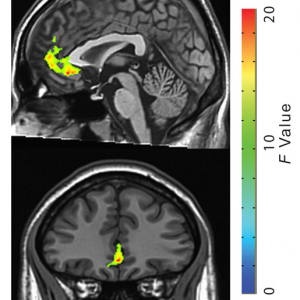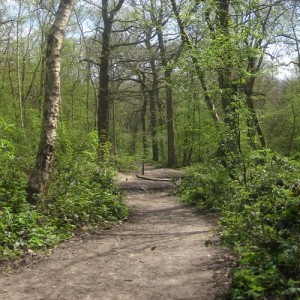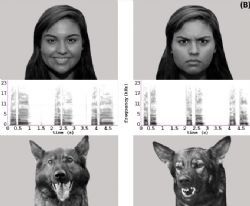
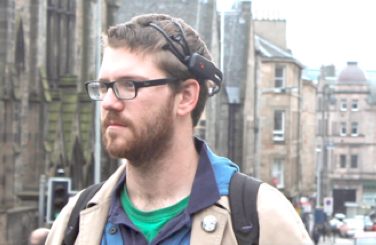
Nature and Neuroscience: The urban brain
2013 research from a team at Heriot-Watt University has found that a short walk in nature increases meditative feelings and reduces feelings of frustration.
Relevance
This exciting piece of research is the first to use neuro-headsets to measure what is happening within the brain, whilst in situ in a natural setting. Due to the heavy bulky size of MRI equipment previous studies have relied on pictures and videos of natural scenery in research.
The research found that when in green areas participants experienced lower levels of engagement, correlating with the concept of soft fascination (Kaplan 1989), that being in nature is less demanding of our attention and so is more restful to be in. The study showed that being in green areas of a city enhances mood and the conditions for reflective activity, adding to the research basis for the benefits of psychotherapeutic exploration in nature.
Method
The study used mobile electroencephalography (EEG) headsets to record the emotional experience of participants on a 25 minute walk in Edinburgh through three different environments a) an urban shopping street, b) parkland, c) a street in a busy commercial district. The headsets provided continual recordings and measurement of five indicators of emotional states; excitement (short-term), frustration, engagement, long-term excitement and meditation.
Results
The study found that when walkers were in the parkland area they experienced lower frustration, engagement and arousal and higher meditation than when in the built up areas.
Research paper: Aspinal, P. et al, School of Built Environment, Heriot-Watt University, The urban brain: analysing outdoor physical activity with mobile EEG, British Journal of Sports Medicine, 6 March 2013
Picture: Panos Mavros

